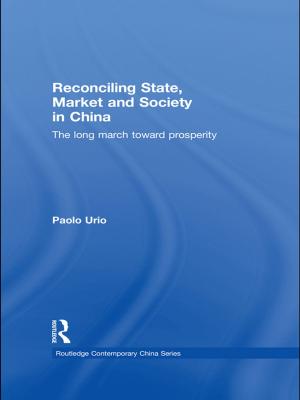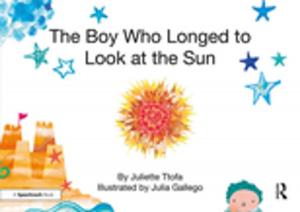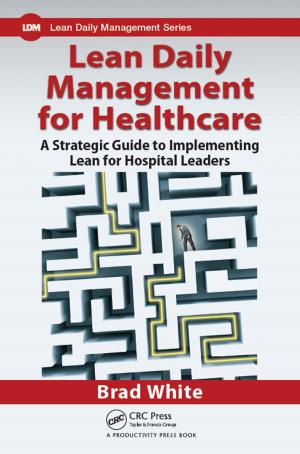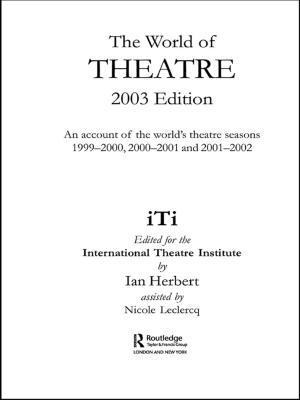Reframing the Early Childhood Curriculum
Educational Imperatives for the Future
Nonfiction, Reference & Language, Education & Teaching, Preschool & Kindergarten| Author: | Jane Page | ISBN: | 9781134654673 |
| Publisher: | Taylor and Francis | Publication: | January 4, 2002 |
| Imprint: | Routledge | Language: | English |
| Author: | Jane Page |
| ISBN: | 9781134654673 |
| Publisher: | Taylor and Francis |
| Publication: | January 4, 2002 |
| Imprint: | Routledge |
| Language: | English |
Pre-school children have fundamentally different attitudes towards the future and attendant notions of time and space. For this reason, early childhood professionals are optimally placed to lay important foundations for young children's long term development. Children's flexibility of thought, their positive and constructive outlook on life, their sense of the continuity of time, their creativity and imagination, and their sense of personal connection with time and the future, are all qualities that should be recognized and addressed in early childhood educational programmes as a means of counteracting the difficulty youths experience in knowing what to expect in their future lives and coming to understand their roles in shaping them.
Reframing the Early Childhood Curriculum offers fresh insight into:
* examining futurists' and early childhood theorists' thinking of the relevance of planning for children's long term needs in early childhood
* identifying the skills, attitudes and outlooks required to assist young children attending early childhood programmes in their long term growth and development
* exploring the means through which these skills, attitudes and outlooks can be achieved in curriculum frameworks through specific goals and learning experiences against the background of youth and young children's views of the future.
Pre-school children have fundamentally different attitudes towards the future and attendant notions of time and space. For this reason, early childhood professionals are optimally placed to lay important foundations for young children's long term development. Children's flexibility of thought, their positive and constructive outlook on life, their sense of the continuity of time, their creativity and imagination, and their sense of personal connection with time and the future, are all qualities that should be recognized and addressed in early childhood educational programmes as a means of counteracting the difficulty youths experience in knowing what to expect in their future lives and coming to understand their roles in shaping them.
Reframing the Early Childhood Curriculum offers fresh insight into:
* examining futurists' and early childhood theorists' thinking of the relevance of planning for children's long term needs in early childhood
* identifying the skills, attitudes and outlooks required to assist young children attending early childhood programmes in their long term growth and development
* exploring the means through which these skills, attitudes and outlooks can be achieved in curriculum frameworks through specific goals and learning experiences against the background of youth and young children's views of the future.















